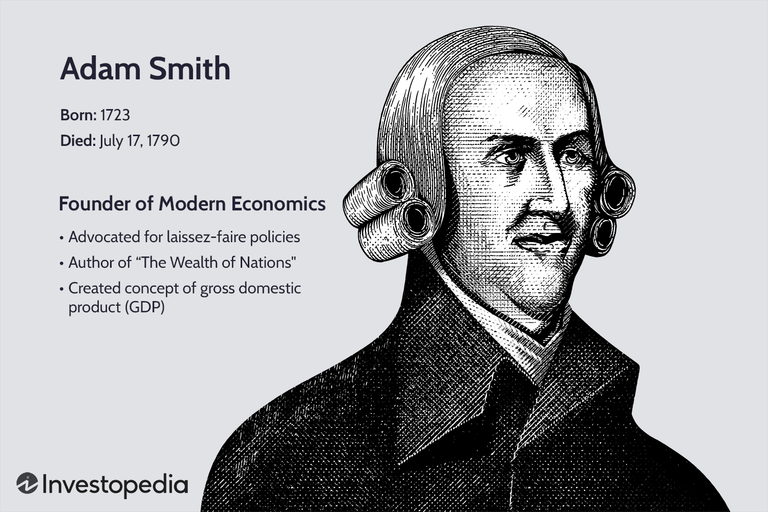Why Market Outcome Does Not Always Align With Moral or Ethical Consideration.

Adam Smith in his book titled the Wealth of Nations. identified the harshest truth of economics
"Market outcome does not always align with moral or ethical consideration".
However this can be true because of the complexities of economic value, self interest and moral consideration
The observation can be illustrated with a metaphor about the value of Gold and water.

Gold had high market value because they were rare. Water on the other hand had little market value because it was abundant.
Yet, water was essential for sustaining life, while diamonds clearly had minimal value for sustaining life.
Which means the value of something in the market has no relationship to its Utility (satisfaction) value.

Instead, the market value of a good is determined by forces of Demand and Supply.
We all may want the economy to place value on the goods we favour, but the economy will abide by no such directive.
Value(price) emerges from market forces — in the war between the supply of goods and the demand for them.
Although our preference or level of satisfaction(utility) can drive the demand of a particular upwards but it has to be a collective effort which means other people also prefer or favor such goods and also derive utilities from such goods before market value can be influenced.
Prevailing view today is that market value is related to the marginal utility to the buyer.